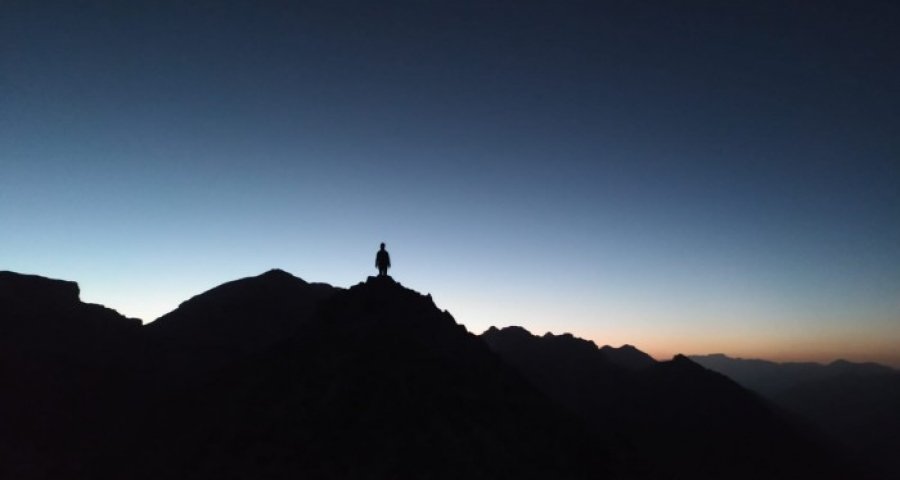This year, the Economy of Francesco (EoF) has chosen ‘The 25th hour’ as title for its global event.
by Luigino Bruni
published in Avvenire on 06/10/2023
The event that is taking place today, on 6th October, is EoF's fourth global event since Pope Francis wrote his letter of convocation for young economists, businessmen and women, change makers on 1st May 2019, which soon turned out to be a blessed touch of the hand of Providence that awakened consciences and authentic civic vocations of young people who felt called by the name and responded with their typical generative generosity.
The idea of an extra hour, that hour that begins when the 24 hours of the day are over, has inspired stories and films, starting with the 1949 novel by Romanian writer Constantin Virgil Gheorghiu. Our generation and the previous one have invented globalisation, the Internet, achieved the longevity revolution, created robots and artificial intelligence, SUVs and electric cars; but while doing all this they have consumed and exhausted the 24 hours that were at our disposal since the Earth's SOS was launched over half a century ago (think of the Club of Rome's report on the limits of growth, in 1972).
The idea of an extra hour, that hour that begins when the 24 hours of the day are over, has inspired stories and films, starting with the 1949 novel by Romanian writer Constantin Virgil Gheorghiu. Our generation and the previous one have invented globalisation, the Internet, achieved the longevity revolution, created robots and artificial intelligence, SUVs and electric cars; but while doing all this they have consumed and exhausted the 24 hours that were at our disposal since the Earth's SOS was launched over half a century ago (think of the Club of Rome's report on the limits of growth, in 1972).
The one who had understood it, however, certainly as regards the poor, the discarded, the children, the Church, was Don Lorenzo Milani, whose birth centenary is celebrated this year. In one of his most prophetic pages he wrote a ‘letter from beyond the grave’ to the future ‘Chinese missionaries’ who would arrive in Europe in the year two thousand (fifty years after his letter), to re-evangelise Europe where in the meantime the Christian faith would have disappeared, leaving only ruins of bell towers and abandoned churches behind.
Concluding his letter he wrote, “We did not hate the poor, we have only slept. But when we woke up it was too late: the poor had left without us” (Pastoral Experiences, 1958). And if the Church loses the poor it loses itself, its very spirit, it goes astray, because the Church only lives where it can repeat it together with Jesus, “Blessed are the poor”, with no shame. We all have slept, too; and while we were asleep the hours passed, first slowly then gradually faster. Time passed over our indifference, which over the years has become less and less innocent and more and more guilty. But, thank God, we have one more hour. We are still alive. Perhaps God has heard his prophets who, like Abraham, are imploring him to give our ‘Sodom and Gomorrah’ another chance.
It is the prayer of St Francis, of Pope Francis – the two Francises of the EoF –, of Clare, of the many young people and teenagers who for years have been crying out to save the earth and the discarded, of the many prophets of our time, often anonymous and unknown, who continue to fight, pray and hope for a future – for one more hour, an hour donated, of that extra time that God is giving to the earth and the poor. A plea that was answered this time. The EoF is part of this extra hour given as a free gift, and is together with the many who are keeping hope alive. Because in the Bible, when the earth is given new hope, the sign is Emmanuel, a child, a young person. Pope Francis said this in his message to the EoF in October 2021: “You are perhaps the last generation that can save us: I am not exaggerating”. Today in Assisi we are celebrating the responsibility and joy over the gift of this extra hour. It is the hour of gratuitousness, the hour that might not have been there and yet is there.
Photo credits: © Luca Sarà








